Our minds shape the reality we live in. How we view, care for, and develop our mind is essential to how we view ourselves, God, and our community around us. Pastor Sean Palmer continues in our series on the Theology of the Body talking about our mind and is importance to our faith.
Live Teaching Podcast
Scripture & References
“The scandal of the evangelical mind is that there is not much of an evangelical mind.”
— Mark Knoll
Mark 1:9-15
In those days Jesus came from Nazareth of Galilee and was baptized by John in the Jordan. And just as he was coming up out of the water, he saw the heavens torn apart and the Spirit descending like a dove upon him. And a voice came from the heavens, “You are my Son, the Beloved; with you I am well pleased.”
And the Spirit immediately drove him out into the wilderness.
He was in the wilderness forty days, tested by Satan, and he was with the wild beasts, and the angels waited on him.
Now after John was arrested, Jesus came to Galilee proclaiming the good news of God and saying, “The time is fulfilled, and the kingdom of God has come near; repent, and believe in the good news.”
“God’s existence may not be proved, in the hard rationalist sense of the word. Yet it can be affirmed with complete sincerity that belief in God is eminently reasonable and makes more sense of what we see in the world, discern in history, and experience in our lives than its alternatives.”
—Alister E. McGrath, Mere Apologetics: How to Help Seekers and Skeptics Find Faith
Romans 8:5-8
For those who live according to the flesh set their minds on the things of the flesh, but those who live according to the Spirit set their minds on the things of the Spirit. To set the mind on the flesh is death, but to set the mind on the Spirit is life and peace. For this reason the mind that is set on the flesh is hostile to God; it does not submit to God’s law—indeed, it cannot, and those who are in the flesh cannot please God.
"We don't believe something by merely saying we believe it, or even when we believe that we believe it. We believe something when we act as if it were true.”
— Dallas Willard
